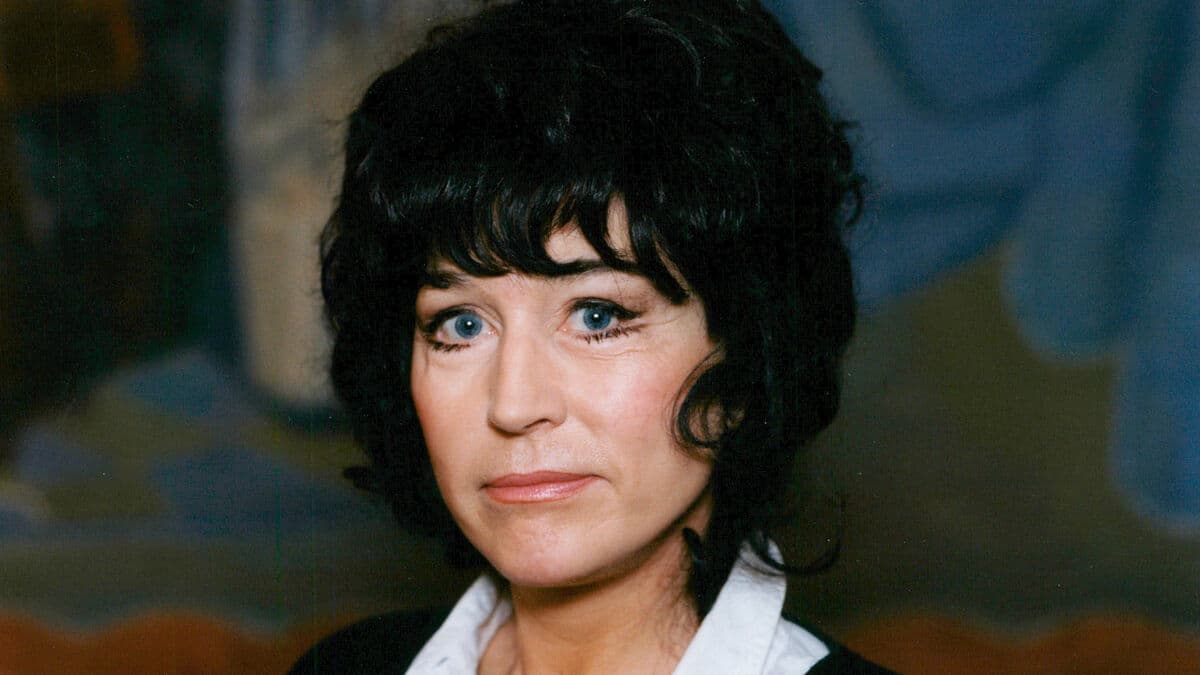Last spring, the National Board of Health and Welfare was commissioned by the government to strengthen and develop compulsory psychiatric care. The agency has now mapped factors that are significant for increased mortality among adults who are discharged after being in compulsory care.
For many, compulsory care is the very first contact they have with psychiatry. In some cases, it is absolutely necessary to save people from harming themselves or others, but when so many make their debut in compulsory care, we have not succeeded, says Minister of Social Affairs Jakob Forssmed (KD).
Sörmland region in the top
Regional differences also appear to be large. In one of the years examined, 50 percent of people with psychotic illness in one region received treatment under duress in their first encounter with psychiatry, and 15 percent in another.
When it comes to psychosis, Sörmland has the highest debut with compulsory care and Uppsala the lowest. Stockholm is somewhere in the middle. Gotland is low while Dalarna has high figures. So it doesn't seem to be an urban versus rural issue, says Jakob Forssmed.
Risks of coercion
To prevent involuntary care, voluntary forms of care should be strengthened, according to the National Board of Health and Welfare's conclusion. The stigma surrounding psychiatric care, mental illness and psychiatric diagnoses also needs to be reduced.
Here, the regions need to think about how they work, how they reach out to groups that currently do not seek psychiatric care for their serious conditions. It is also about identifying and reaching groups that more often make their debut in compulsory care, for example young people in socio-economically disadvantaged areas.
It goes without saying that anything that is done under duress also has risks and downsides. If you can find voluntary forms of care, it is many times better, says Jakob Forssmed.
The government assignment, which also includes forensic psychiatric care, must be finalised by 30 November 2027.






